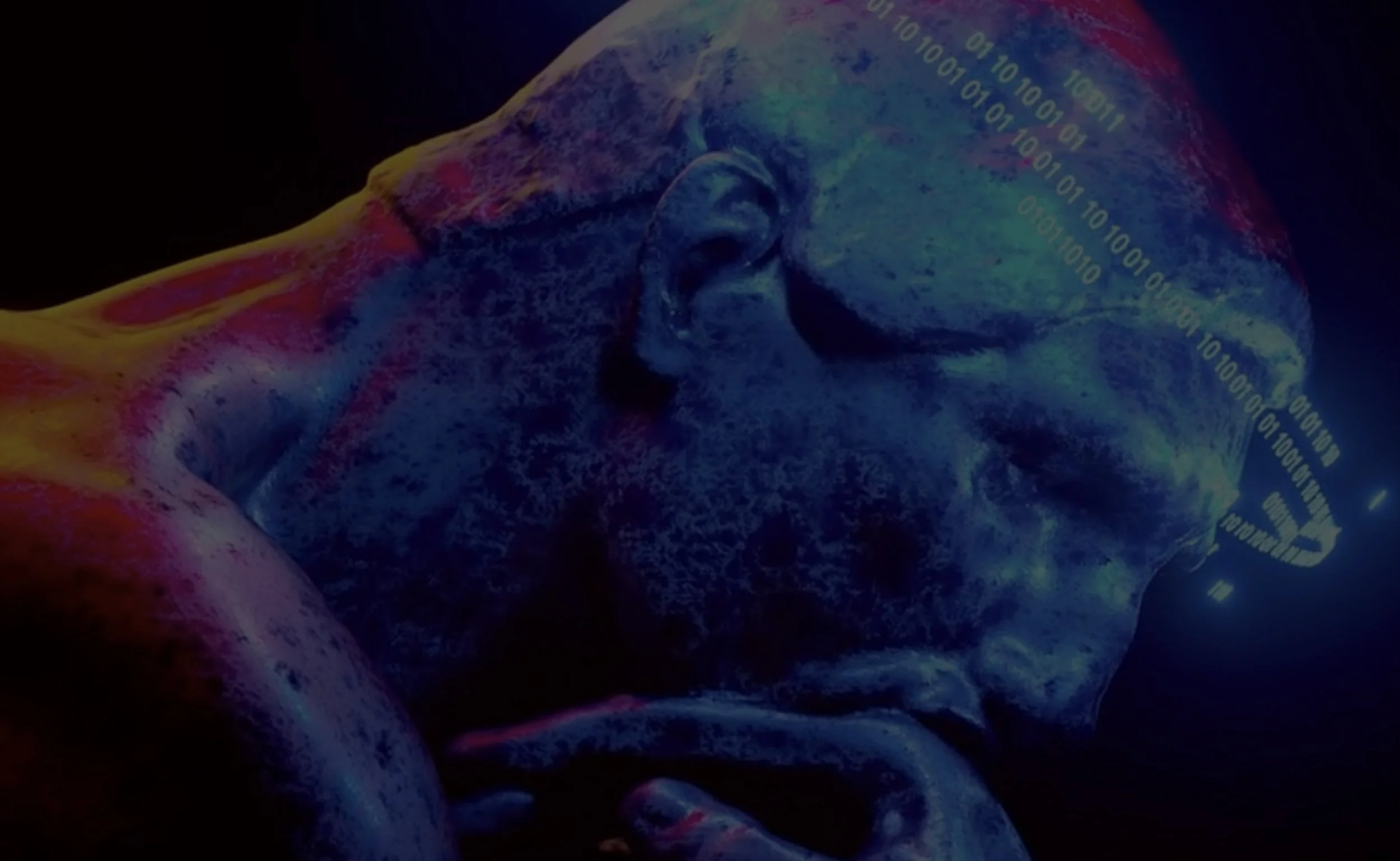THE COMMONS: P2P AND CIVILISATIONAL TRANSITION
SEMINAR SERIES ON THE COMMONS
"The Commons: P2P and Civilisational Transition” is a month-long seminar series offered by Michel Bauwens in collaboration with Philosophy Portal. The pre-course will guide you through readings of macro-historical works related to world-systems analysis and big history (systems-theory, complexity science insights into common patterns in the evolution of matter, life and culture). The main course will (1) offer reviews of the basic concepts of macro-historians since the publication of The Decline of the West from Oswald Spengler, relying on operative concepts such as ‘instruments of expansion’, ‘challenge and response’; ‘ideate vs sensate’ civilizational models; (2) present a hypothesis that there is a counter-cyclical ‘pulsation of the commons’, which affects societal and civilizational cycles, bringing us to the question of what happens to the commons in a planetarizing system, and especially: what happens to the revival of commoning when such a planetary system is in a phase of relative decline; (3) introduce the basic concepts on the p2p theory approach, and the history of research at the P2P Foundation, and guide students through the use of the wiki of the P2P Foundation; (4) and finally present a number of scenarios based on the operative concepts developed by the P2P Foundation, including our own four-fold scenario, on the future deployment of the commons in the context of an evolving meta-crisis.
Check our reviews on
Start Today
Start Today
Two ways to access: purchase the course as a stand-alone seminar, or join The Portal as a monthly/yearly member
The Commons: P2P and Civilisational Transition gives access to a seminar series led by Michel Bauwens at The Portal centred on his work with the P2P foundation. All Sales Final.
Philosophy Portal is an online education platform opening space for the next generation of great thought, and cultivation of future philosophical mind. Philosophy Portal members get access to The Portal live event spaces, free access to courses. Couples are encouraged get a 2 for 1 deal. All Sales Final.
Meet Your Teacher
Professor Michel Bauwens
Michel Bauwens is a Belgian theorist in the emerging field of peer-to-peer (P2P), a writer, and a conference speaker on the subject of technology, culture and business innovation. Bauwens founded the P2P Foundation, a global organization of researchers working in open collaboration in the exploration of peer production, governance, and property. He has authored a number of essays, including his thesis The Political Economy of Peer Production.
Bauwens regularly lectures internationally on P2P theory, the commons and their potential for social change. Bauwens was research director with the FLOK Society (Free Libre Open Knowledge) at the National Institute of Advanced Studies of Ecuador (IAEN), and has helped municipalities in Europe and South America engage in integrated Commons Transition Plans.
Bauwens has written for Open Democracy and Al Jazeera, and has been mentioned by the New York Times, De Morgen, and Living Green Magazine.
Session 1: Basic concepts from the Macrohistorians
-
In this session, we will review the basic concepts of macro-historians since the publication of The Decline of the West from Oswald Spengler.
We will distinguish three major waves of macro-history:
The first wave of culturalist (Toynbee, Quigley, Sorokin) and ‘spiritualist’ (De Chardin, Aurobindo) authors, which were published mostly in the post WWII period before the 60s
The second wave of ‘neo-materialist’ (or neo-marxist) world-system analyst authors (Fernand Braudel, Immanuel Wallerstein), starting in the 60-70s
A third wave of ‘Big History’ authors, which starts its narrative at the Big Bang, seeks common patterns of evolution and change based on systems theory, complexity science and cybernetics. The came of age in the 90s, replacing the hegemony of world-systems analysis in academia.
We will focus on operative concepts such as ‘instruments of expansion’ (Quigley), ‘challenge and response’ (Toynbee); ‘ideate vs sensate’ civilizational models (Sorokin), etc ..
The stress of this session will be on first wave authors.
Session 2: The Pulsation of the Commons
-
In this session, we will present a hypothesis that there is a counter-cyclical ‘pulsation of the commons’, which affects societal and civilizational cycles. In short, in the ascending civilizational cycles in which market and state institutions perform relatively well for core populations of a system, commons practices and institutions tend to weaken, while in descending cycles, they tend to revive, playing remarkable functions in the dark ages that intermittently occur between civilizational cycles. We will give examples from medieval Japan and post-Roman Europe.
The key question that will be addressed is: what happens to the commons in a planetarizing system, and especially: what happens to the revival of commoning when such a planetary system is in a phase of relative decline.
Session 3: P2P Theory Approach and the Commons
-
This session will introduce the basic concepts on the p2p theory approach, and the history of research at the P2P Foundation.
After introducing the key concepts of P2P Theory and guide students through the use of the wiki of the P2P Foundation, we will review the research undertaken by affiliated researchers, as published in P2P Foundation reports:
The logic of studying open source movements and peer production, governmental transitions at the city and nation-state level, and thinking through commons-based global governance
A stylized history of commoning
Sources of P2P Theory and recommended literature on the Commons
Session 4: The next system, what can we know?
-
In this session, based on the material reviewed in the 3 first sessions, we will present a number of scenarios based on the operative concepts developed by the P2P Foundation. After a review of various cycles documented in the macro-historical literature, we will review concepts such as:
Commons-based Peer Production and the Value Crisis
The Contributive Economy
The Partner State
Cosmo-Localism
Magisteria of the Commons
We will present various scenarios, including our own four-fold scenario, on the future deployment of the commons in the context of an evolving meta-crisis.
We will ask students to evaluate such scenarios and eventually suggest their own, as well as inquire into strategies for social change in that context.
Start Today
Start Today
Two ways to access: purchase the course as a stand-alone seminar, or join The Portal as a monthly/yearly member
The Commons: P2P and Civilisational Transition gives access to a seminar series led by Michel Bauwens at The Portal centred on his work with the P2P foundation. All Sales Final.
Philosophy Portal is an online education platform opening space for the next generation of great thought, and cultivation of future philosophical mind. Philosophy Portal members get access to The Portal live event spaces, free access to courses. Couples are encouraged get a 2 for 1 deal. All Sales Final.









